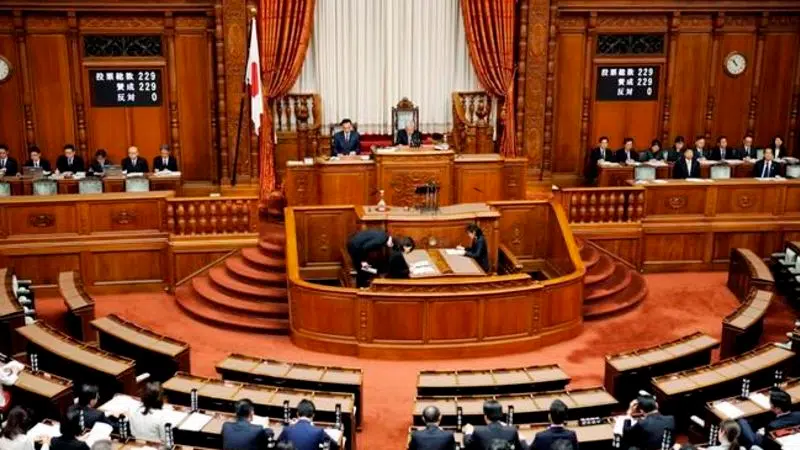
Japan apologizes to those forcibly sterilized, vows redress
TOKYO — Japan’s government apologized Wednesday to tens of thousands of victims forcibly sterilized under a now-defunct Eugenics Protection Law and promised to pay compensation.
Chief Cabinet Secretary Yoshihide Suga said he was offering “sincere remorse and heartfelt apology” to the victims.
His apology comes just after the parliament enactment earlier Wednesday of legislation to provide redress measures, including 3.2 million yen ($28,600) compensation for each victim.


